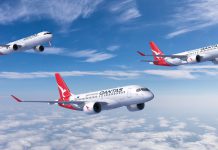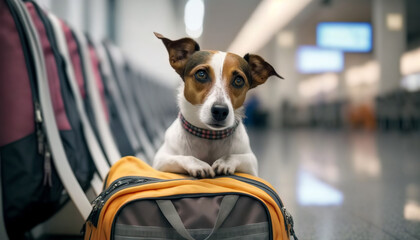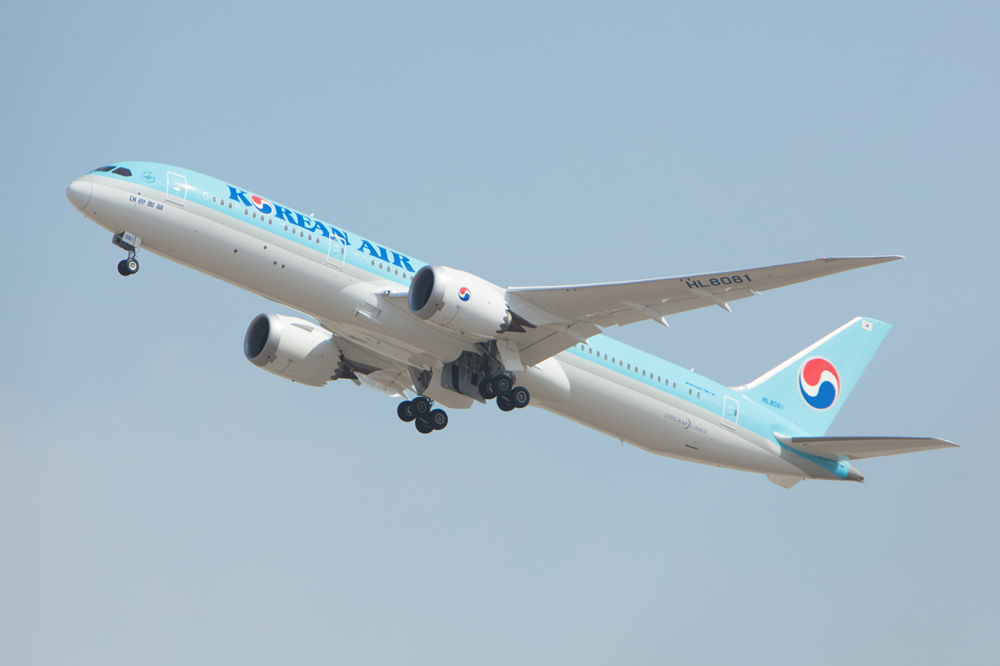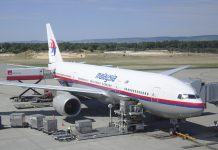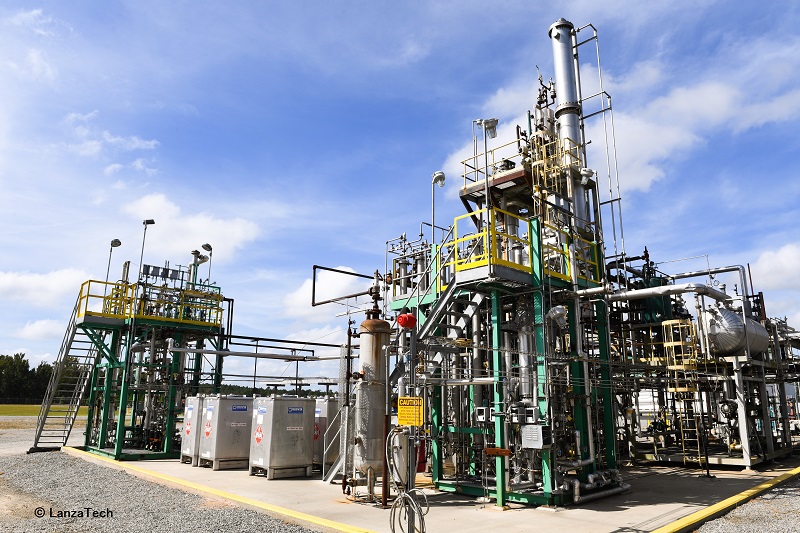Industrial pollution and microbes will help power All Nippon Airways aircraft thanks to a sustainable aviation fuel agreement with innovator LanzaTech.
All Nippon has signed an offtake agreement with LanzaTech that will deliver sustainable aviation fuel (SAF) from 2021 that can be mixed as a 50/50 blend with fossil fuels.
ANA plans to test the fuel on a delivery flight in the northern autumn.
LanzaTech’s process captures carbon-rich waste industrial gases from sources such as steel plants and uses anaerobic bacteria originally found in rabbit droppings to convert them into ethanol.
A process developed in collaboration with Pacific Northwest lab and the US Department of Energy then converts the ethanol to aviation fuel.
The Chicago-based company was originally founded in New Zealand and its innovative technology earned it a spot on CNBC’s 2019 Disruptor 50 list of companies deemed to be on the cutting edge of consumer, technology and business shifts.
READ: Cool United technology helps with tight connections.
ANA said a comprehensive search for the most efficient sustainable aviation fuel had resulted in it selecting LanzaTech’s unique product for its flexibility and high energy density.
The airline said it had signed a partnership agreement with Mitsui., which strategically invested in LanzaTech, in 2018, to jointly develop a sustainable aviation fuel manufacturing business that utilizes the Chicago company’s innovative catalytic technology.
“ANA has always been guided by our values, and our decision to transition to sustainable aviation fuel reflects how seriously we take our commitment to the environment,” ANA executive vice president Akihiko Miura said.
“Adopting this advanced fuel will allow us to reduce CO2 emissions and meet the ambitious sustainable development goals that we have set for the airline. At ANA, we seek innovative solutions to the most pressing problems, and we will continue looking for ways to reduce our ecological impact in order to create a better world.”
All Nippon did not say how much SAF it would take annually from LanzaTech but it is not the only airline with an interest in the technology.
In October 2018, Virgin Atlantic used fuel provided by the company to fly a Boeing 747 from Orlando to Gatwick.
Virgin called at the time for the UK government to bring the technology to the UK and identified an opportunity to produce 125 million gallons of jet fuel per year.
This was enough to fuel all Virgin Atlantic flights departing Britain and save almost 1 million tonnes of CO2 annually, it said.


